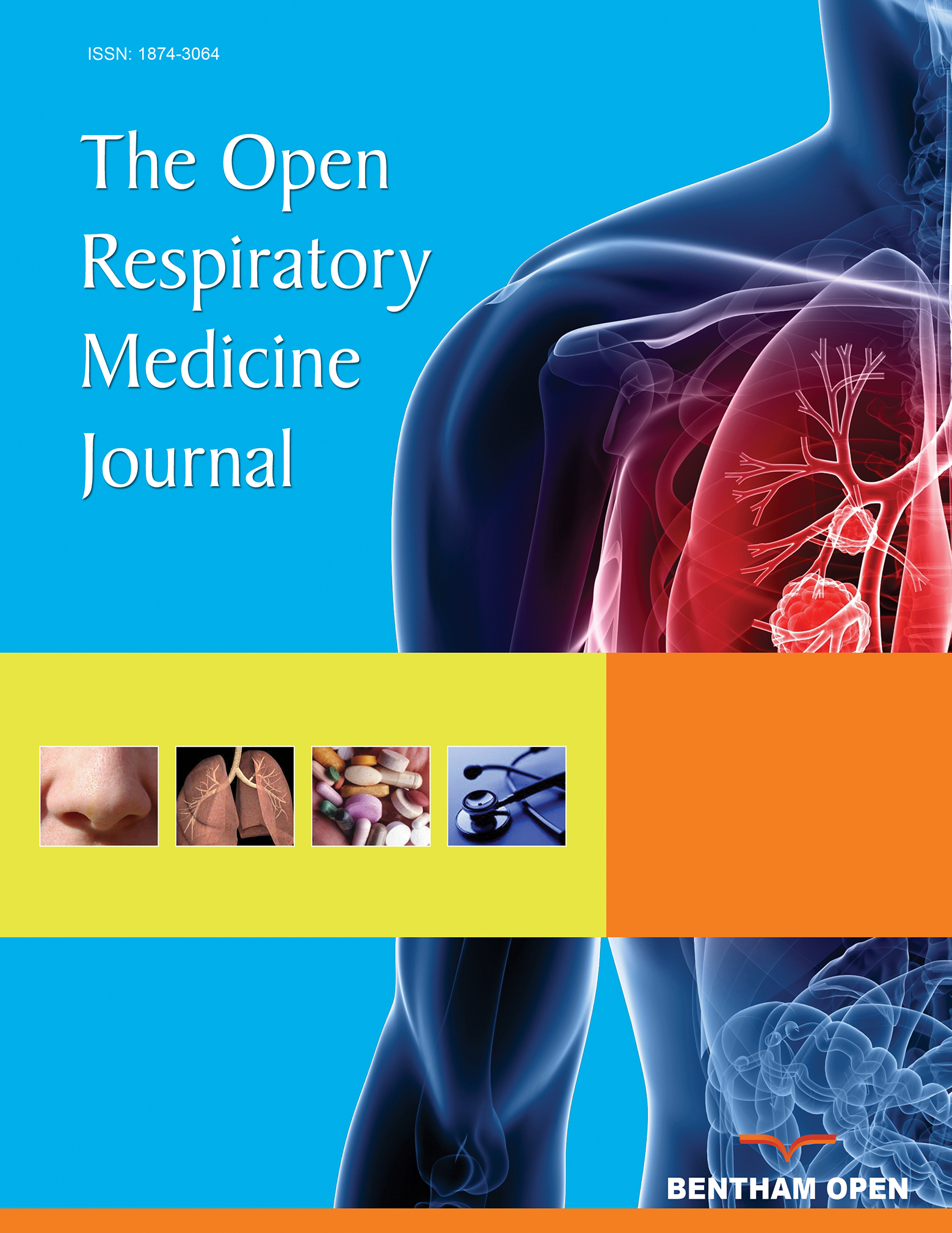All published articles of this journal are available on ScienceDirect.
The Validity and Reliability of an Arabic Version of the STOP-Bang Questionnaire for Identifying Obstructive Sleep Apnea
Abstract
Background:
Obstructive sleep apnea (OSA) is a common, serious, under-recognized and under-diagnosed medical disorder. Polysomnography (PSG) is the gold standard diagnostic test for OSA; however, the cost of testing and the shortage of sleep disorders laboratories limit access to this tool. Therefore, there is a need for a simple and reliable diagnostic tool to screen patients at risk of OSA.
Objective:
This study was conducted to evaluate the validity and reliability of an Arabic version of the STOP-Bang questionnaire (SBQ) as a screening tool for OSA.
Methods:
This study was conducted in three steps, as follows: Step 1: the SBQ was translated from English to Arabic (examining both forward and backward translations); Step 2: the test-retest reliability of the questionnaire was investigated; and Step 3: the questionnaire was validated against PSG data prospectively on 100 patients attending a sleep disorders clinic who were subjected to a full-night PSG study after completing the translated version of the SBQ. The validity of the test was tested against the apnea-hypopnea index (AHI).
Results:
The study group had a mean age of 46.6 ± 14.0 years and a mean AHI of 50.0 ± 37.0/hour. The study demonstrated a high degree of internal consistency and stability over time for the translated SBQ. The Cronbach’s alpha coefficient for the 8-item tool was 0.7. Validation of the SBQ against the AHI at a cut-off of 5 revealed a sensitivity of 98% and positive and negative predictive values of 86% and 67%, respectively.
Conclusion:
The Arabic version of the SBQ is an easy-to-administer, simple, reliable and valid tool for the identification of OSA in the sleep disorders clinic setting.


